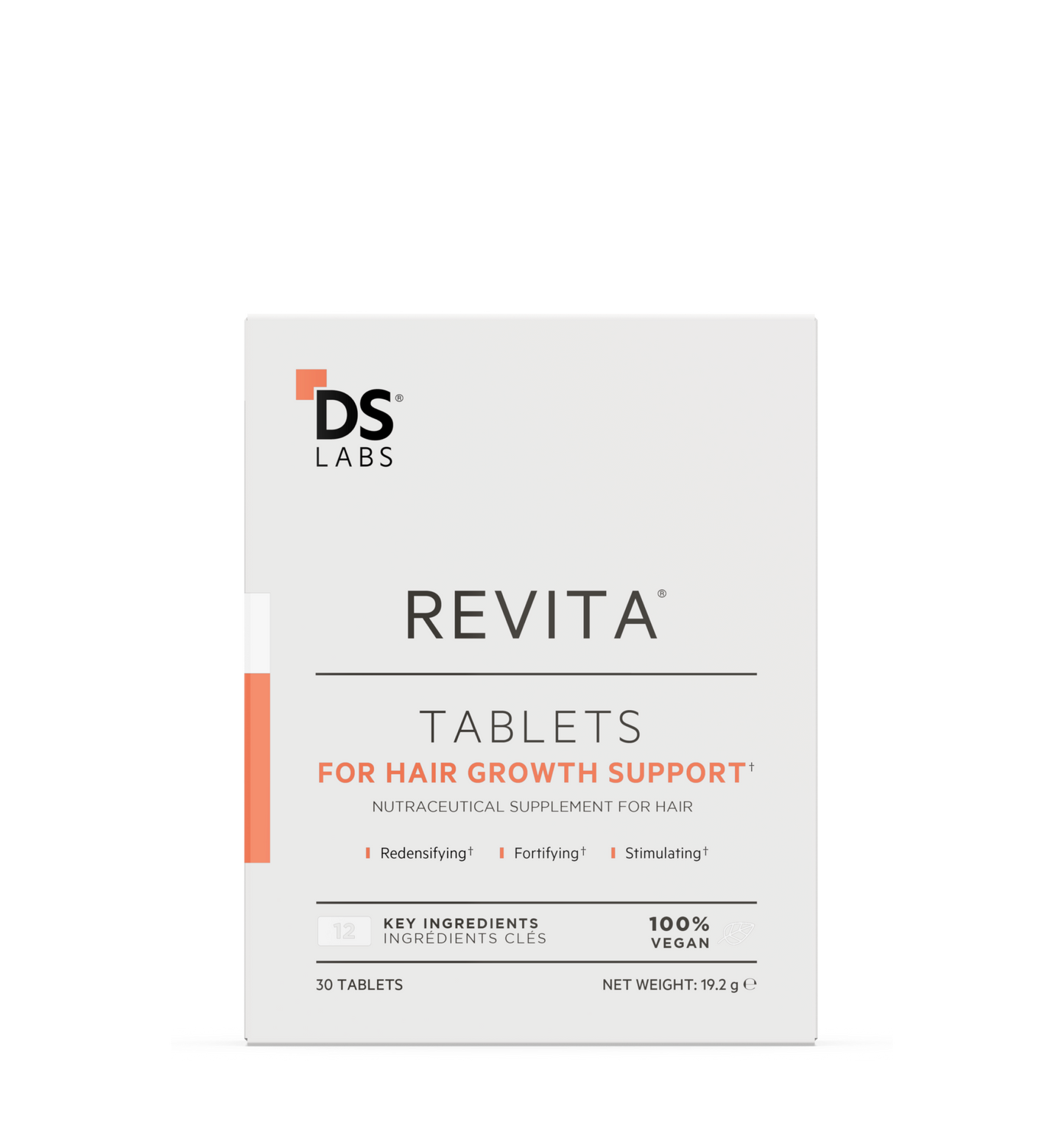Hair is often referred to as a person’s “crowning glory” and having luscious locks is something most people strive for. However, despite the emphasis placed on having healthy, thick, voluminous, and bouncy hair, very little is actually known about how this can be achieved.
Loss of hair is often regarded with a sense of panic, with little understanding as to what it means. Hair loss is a problem, in an aesthetic sense. However, it is more of a symptom of an underlying issue than anything else.
There are several factors that could contribute to your hair loss concerns. Dietary changes and lack of vitamins and minerals are usually the primary reasons. This includes magnesium deficiencies.
Everything you need to know about how magnesium and hair loss are connected is covered below!
Low Magnesium: What Does It Entail?
Hypomagnesemia, or magnesium deficiency mainly affects people with a history of diabetes, malnutrition, and alcohol use disorders. However, it is possible that other people may also have lower levels of magnesium than normal.
Magnesium is an essential mineral that is involved in over 300 metabolic reactions.
This includes:
- Cell stabilization
- Protein synthesis
- Energy production and storage on a cellular level
- Bone metabolism
- Cardiac function
- Blood pressure
- Insulin and glucose metabolism
- Transmission of nerve signals
- DNA synthesis
- Cardiac function
- Conducting signals between nerves and muscles
Causes of Low Magnesium
Low magnesium is typically caused by a decreased rate of absorption of magnesium in the gut or an increased level of magnesium excretion in the urine.
Though typically uncommon in otherwise healthy people, magnesium levels are controlled by the kidneys, which may increase magnesium excretion, leading to hypomagnesemia.
Certain conditions may therefore increase the risk of magnesium deficiencies, such as:
- Gastrointestinal diseases like celiac disease, Crohn’s disease, or chronic diarrhea
- Alcohol dependence
- Age
- Diuretics use
- Type 2 diabetes
Symptoms of Low Magnesium
Considering how many different processes or bodily functions magnesium is involved in, low magnesium symptoms can manifest in different ways:
- Muscle cramps or twitches
- Mental health conditions
- Osteoporosis
- Muscle weakness
- Fatigue
- Hair loss
- High blood pressure
- Asthma
- Irregular heartbeat
Magnesium and Hair Loss: What Is the Connection?
Nutrition is key to enhancing physical health and well-being. This includes promoting healthy hair growth and nourishment.
Magnesium allows calcium to freely circulate in the body, unrestricted, which can cause calcium deposits around the hair follicles. These can damage the follicles and lead to hair loss, hair thinning, or overall damaged hair.
Here is a more detailed look at how magnesium and hair loss are interrelated:
Low Magnesium Can Cause Calcium Buildup on the Scalp
Accumulation of calcium or fat is the most significant cause of blocked arteries in the heart.
As far as calcium buildup goes, it can lead to hair loss.
This is because the calcification of small blood vessels that are just under the skin of the scalp can adversely affect hair follicles. They can damage follicles and lead to hair loss or a slower hair growth cycle. In more dire cases, calcium buildup can cause inflammation and result in permanent baldness as the hair follicles or hair bulbs may be killed.
That’s not all. Calcium salt deposits can cause dandruff, inflammation, rashes, and other scalp problems, which could lead to lower hair quality.
It can also cause clogged pores, which is another cause of hair fall or hair loss.
Hair follicles are relatively delicate and must breathe to thrive. Any calcium buildup, dandruff, or clogging can damage the hair follicles. This can lead to temporary hair loss or hair damage, even permanent balding.
Low Magnesium Can Hinder Protein Synthesis
Everyone knows that protein is required for healthy muscles, but it is also crucial for healthy hair.
This is because hair strands are built from keratin while hair roots contain molecules of collagen. Both are types of proteins.
Keratin is formed from amino acids, which are organic compounds that the body derives from the protein you consume in your diet. Since a single strand of hair primarily consists of keratin, a lack of protein can directly impact the quality of hair or reduce hair growth.
Magnesium is crucial to metabolizing protein. You may find that even if you are consuming enough protein, your hair still remains dull and lifeless. You may also experience hair fall if you have a magnesium deficiency. This is because the body requires magnesium in order to synthesize proteins. If you have a magnesium deficit, your body won’t metabolize protein the way it’s supposed to. Since hair is not considered a priority when it comes to overall health, the body may not supply the required keratin or protein to the hair. The result of this is hair fall and damaged hair.
Conclusion
Magnesium is very important to keep the body functioning well, especially if healthy hair is something you aspire to. Eating magnesium-rich foods such as spinach, almonds, cashews, oats, chia seeds, etc. can help you ensure that your body has enough magnesium. This, in turn, will keep your hair healthy and reduce hair fall. If you still experience hair fall, you can also try supplements that are designed to promote hair growth.













